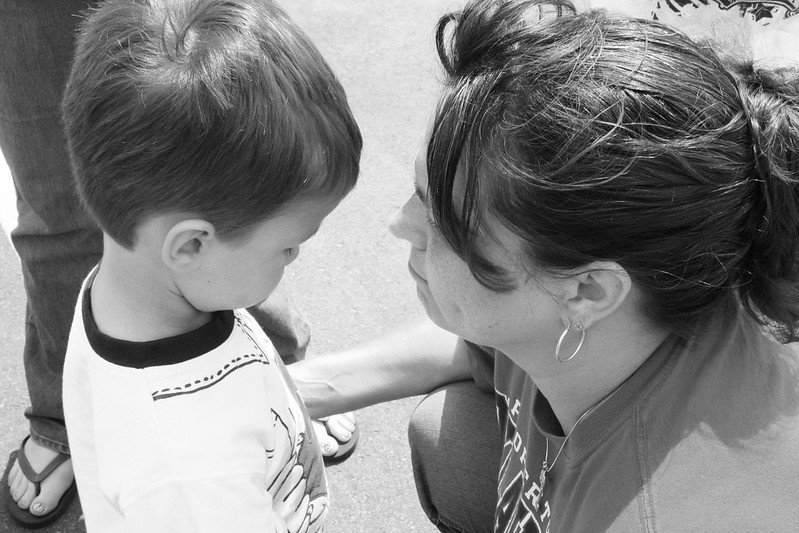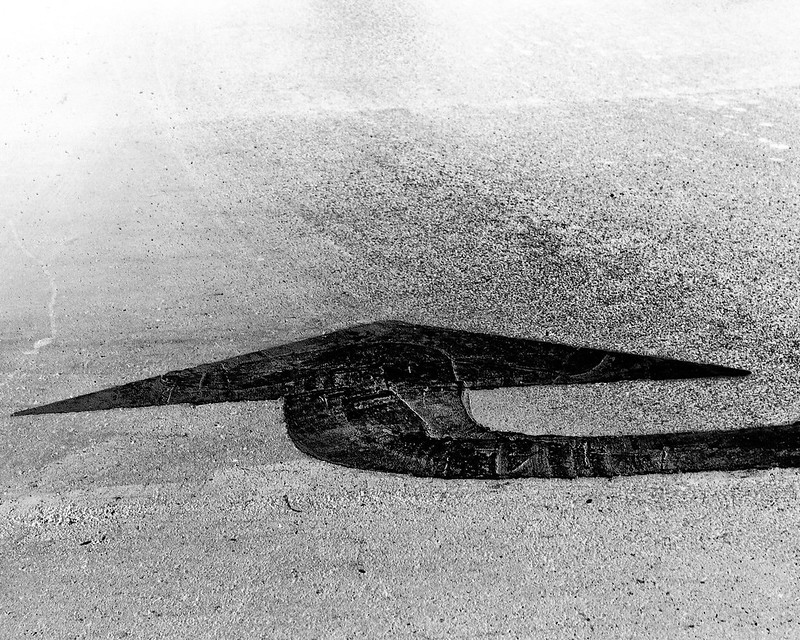Revised Common Lectionary Reflection, Sixteenth Sunday after Pentecost, Year A
September 13, 2020

Lessons: Jonah 3:10-4:11; Psalm 145:1-8; Philippians 1:21-30; Matthew 20:1-16
Theme: God’s faithful and generous people recognize that the divine sense of “fairness” looks more like justice and restoration, as opposed to getting what one might think one deserves or exacting punitive measures.
Key Scripture: [God said to Jonah], “And should I not be concerned about Nineveh, that great city, in which there are more than a hundred and twenty thousand persons who do not know their right hand from their left, and also many animals?” – Jonah 4:11
Ever have the words “it’s not fair” slip from your lips? I suppose most of us are guilty as charged; after all, we are human. Left to our own devices we will curve inward on ourselves rather than broadening our view of humanity and the world around us. The former worldview distorts one’s ability to understand the concept of “fair” outside of the self. The latter worldview encourages growth, reflection, and a better grasp on God’s worldview. “Fair” to God looks a lot more like justice and restoration than it does a competition to get one’s due.
This is why the story of Jonah is one of my favorite encounters in scripture. God sends Jonah on a mission. Jonah bails (quite literally) and ends up doing some time in a fish’s belly. This strange experience sets him back on track to warn the people of Nineveh to repent and turn from their evil ways. Seeing as how these folk are Jonah’s cultural enemies, he’s figuring they don’t have it in them to straighten up. Surprise! They do repent, and God changes God’s mind about their destruction.

Truly everything is possible with God, even enemies repenting and turning to new ways. We learn that even God is capable of a divine mind change. Like the very universe we inhabit that is constantly expanding, so too is God’s being and will for all creation. Jonah’s response, however, is predictably human. Even after being rescued from a fish’s gut, you’d think he might have just a little more openness and compassion. But no, Jonah is angry, and Jonah begins to sulk, and then Jonah even wishes to die. All of these reactions are in response to his sworn enemies being caught up in the arms of divine grace and mercy, too. But then we do like to keep God manageable and as small and innocuous as possible so that we can keep up the self against God. Even so, all God seems to want is to embrace all of creation in the divine arms because there is room for all and then some.
Jonah’s story concludes with one more lesson from God, this time about priorities. Here Jonah was willing to die because of a shade bush that he did nothing to cultivate, yet he is stingy with God about forgiving a vast city of people—and the animals, too. Hopefully, Jonah embraced this lesson and changed his worldview to a more outwardly focused one, recognizing that it is much better to have a good God than a fair God.

Jonah’s story is one that translates well into our own time. For what “enemies” are we not willing to desire God’s grace? Isn’t it stunning how easily one can be drawn into a narrow and self-serving perspective? You’d think Jonah had some reasons to pay forward a little grace. What can we learn from Jonah and from God about a right perspective on “fairness”?
We will likely be hearing a lot of cries of “not fair” if the economic bottom drops out and COVID-19 continues to claim lives. Do we turn our focus inward and begrudge any hints of compassion or mercy? Or, do we open wide our hearts and arms, knowing that the grace-filled arms of God have our backs? Which approach will lead to better communication and possibilities? These are important questions to ask both as community of faith and as individuals. There’s no time like the present to get started. Blessings on your prayerful contemplation and faithful discussions!
In
Worship
If your congregation is meeting in person with appropriate
precautions, consider making this a week to take a prayer walk around your
community. What do you notice for the first time? What has changed? Where do
you sense a specific need for prayer? Once you return to your church’s lawn or
pavilion, pray that God will open and change the hearts of those who pray as
much as the hearts for whom they pray. We can trust God’s expansive mercy and
compassion to help us to see beyond any blinders and illusions of “fairness.”
Consider continuing prayer walk worship in all seasons and even on different
times and days of the week.
With
Youth
Is it hard to see someone else get what you consider to be more than you, or a
better portion than you received? Take a
look at Jonah’s story again. How is it applicable to our current culture and
situation? What has remained consistent about human nature throughout time? What
can we learn about God from Jonah’s story? What can we learn about ourselves as
beloved children of God who sometimes misbehave badly?
With Children
This week’s focus verse is Matthew 20:15 – “Am I not allowed to do what I choose with what belongs to me? Or are you envious because I am generous?”
I have a question for you today: Would you rather have God be fair or good? (Listen to and affirm all answers, asking “why?” and for more clarification as needed.) Let’s try a little experiment. All of you got up this morning, got ready, and showed up for worship. Good for you! I want to show you how much I appreciate your effort and commitment (even if your parents made you). Let’s see. I have a basket of individually wrapped snacks here. Who was here the earliest? Okay! You may pick a snack to eat when your parents or grown-ups say you can. Okay, who got here next? Great! You may also pick a snack. Continue to give everyone a snack even if they were a little late for worship. (Have a teen or adult wander into worship during the children’s time and ask if they can have a snack, too.) Of course you can! I have plenty of snacks, and I love to share.
Then ask the children how it felt to see everyone getting the same thing, including the person who was REALLY late for worship. They may see it’s not fair. Ask them if it was good that everyone who wanted one was provided for and received a snack. (Some will see the connection. Help the others along.) Would you rather me be fair and reward only those who got here early, or is it better for me to be good and see that everyone has what they need?
God is not fair, and that’s a good thing because we humans mess up a lot. We call it “sin” in church language. Yet God still wants good for us because God is a good God. I don’t know about you, but I’ll take good over fair any day of the week! And a little snack never hurts either.
Finish with a simple echo prayer and blessing.
Dear God (Dear God),
Thank you (Thank you) for loving us (for loving us). Thank you for always being good (Thank you for always being good). Help us to focus less on fairness (Help us to focus less on fairness) and more on goodness (and more on goodness). Keep us from fear (Keep us from fear). Keep us hopeful (Keep us hopeful). Make us helpful (Make us helpful). Give us peace (Give us peace)/ Amen (Amen).
Weekly
Stewardship Bulletin Insert
When we start to look beyond the human concept of “fairness”
with all its flaws and focus on God’s goodness with amazing grace and love,
even our ideas of what it means to be a good steward begin to change. We see
more rather than less, and enough rather than scarcity. Thank you for sharing
all that God has given you!
Stewardship
at Home
Spend some time reflecting on the difference between “fair”
and “good.” How do these concepts play out in our cultural contexts? Would you rather God be “fair” with you or
“good” to you—and the rest of creation? How do you see God’s goodness at odds
with humankind’s need for fairness? Where in your world (your faith community,
city, town, or family) do you see a need for God’s goodness? How might goodness
overcome the inequity you see or experience around you?
If you have time, check out the 2017 movie All Saints, based on the real story of The Rev. Michael Spurlock, who is sent to close an Episcopalian parish in Smyrna, Tennessee. Fair? Probably not. But clearly God has other plans in the form of some Burmese refugees who want to farm the land. Read more here, or watch the trailer here. The film is available to stream on several platforms, including IMBD’s free viewing service.
Here’s a good resource to use with intergenerational families or groups.
2017 Reflection: https://www.stewardshipoflife.org/2017/09/just-give-already/
2014 Reflection: https://www.stewardshipoflife.org/2014/09/the-problem-with-generosity/
2011 Reflection: https://www.stewardshipoflife.org/2011/09/it%e2%80%99s-not-fair-god%e2%80%99s-grace-and-human-nature/
Note: Reprint rights granted to congregations and other church organizations for local, nonprofit use. Just include this note: “Copyright (c) 2020, Rev. Sharron Blezard. Used by Permission.” Other uses, please inquire: thewritelife@hotmail.com.



Leave a Reply